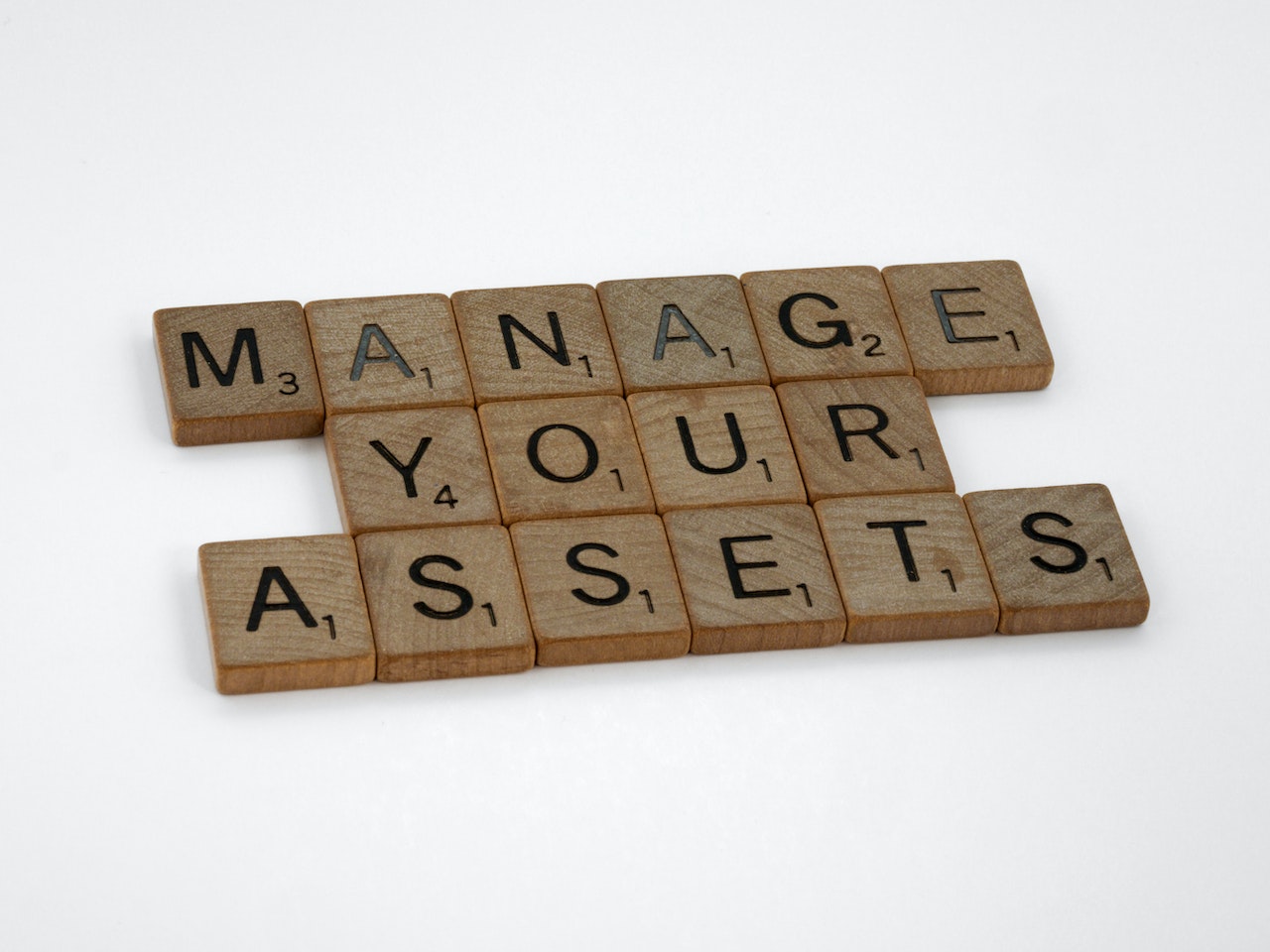Many individuals dream of suddenly getting a financial windfall, but that dream could be much closer to reality than many believe. Depending on the circumstances, you may be able to locate unclaimed assets you didn’t even realize you were entitled to. These financial assets include your (or a deceased relative’s) wages, old bank accounts, insurance policies, deposit boxes, uncashed checks, etc.
To locate these funds and ensure they end up in your bank account, here are some essential tips you should follow for successfully claiming unclaimed financial assets:
Search in your city
When attempting to locate unclaimed assets, begin your search in the city, state, or region you live. While the process might vary slightly based on your location, each area will likely have an independent treasury website nowadays. Here, you could perform a specific search for unpaid dues.
To find the website for your location, consider finding information on local government websites or national unclaimed asset associations. Once you’ve found the correct, trustworthy website, simply follow the instructions provided to claim your assets. More often than not, you will have to provide proof of identity and a notarized or electronic signature as well.
Look nationally
The search performed in your specific location could also lead you to a national database. This often happens when individuals have done business or lived in several different locations. In that instance, a national website will likely redirect you to the proper treasury departments.
The process here will be quite similar, including providing proof of identity and a signature, although requirements may vary based on location. In any case, claiming assets from several different treasuries could be a complex process, which is why it’s recommended to hire legal help in an effort to protect your assets for the future.
Find retirement funds
As your career advances and you move from one company to another, it’s your responsibility to see if any retirement savings or past benefits can be cashed out or transferred. You could possibly have some money sitting in past accounts that you didn’t know or forgot about. National retirement benefit registries could aid in locating these funds from previous employers.
To claim these benefits, you will likely have to provide proof of identity and a social security number or equivalent. However, this may depend on your area and any local laws and requirements as well.
Consider genealogy
In certain cases, further proof is needed to demonstrate you are the rightful account holder for specific asset types. For instance, you may have found a relative’s property or life insurance policy you are entitled to, but other inheritors are contesting your claim.
In those instances, it may be best to contact genealogy specialists to help you provide evidence for intestacy and similar estate matters. These experts have decades of experience assisting both individuals and solicitors in finding their lost or unknown property and assets, and they could support your case in the same manner as well.
Remember closed banks
Banks can close just like any other business. You may also have the opportunity to see whether there is some money left in your name in one of these failed financial institutions, in case you have been a client of several banks in the past.
The search for funds left in financial institutions is quite similar to finding other assets, although you may need to go through local credit unions and other relevant institutions. During this process, you might also have the opportunity to check any savings bonds or previous investments that may have matured in the meantime.
Check for unclaimed tax
Your local revenue service could potentially owe you some money as well. Each year, millions of tax refunds go unclaimed or undelivered across the globe, and you could be one of those individuals who forgot to claim what’s rightfully theirs.
If you believe you may be owed some tax money, you can file a claim with your local tax agency, ask for funds to be returned, and inquire about changing or updating your information to prevent this from happening in the future. Similarly, in case any employer ends up withholding funds from you, revenue services might allow you to collect that money as well.
Evidently, there are a number of different methods you could use to search for and claim your unclaimed financial assets successfully. To make the most of this process, turn it into a habit and aim to repeat it each year.
By Mike Johnston

